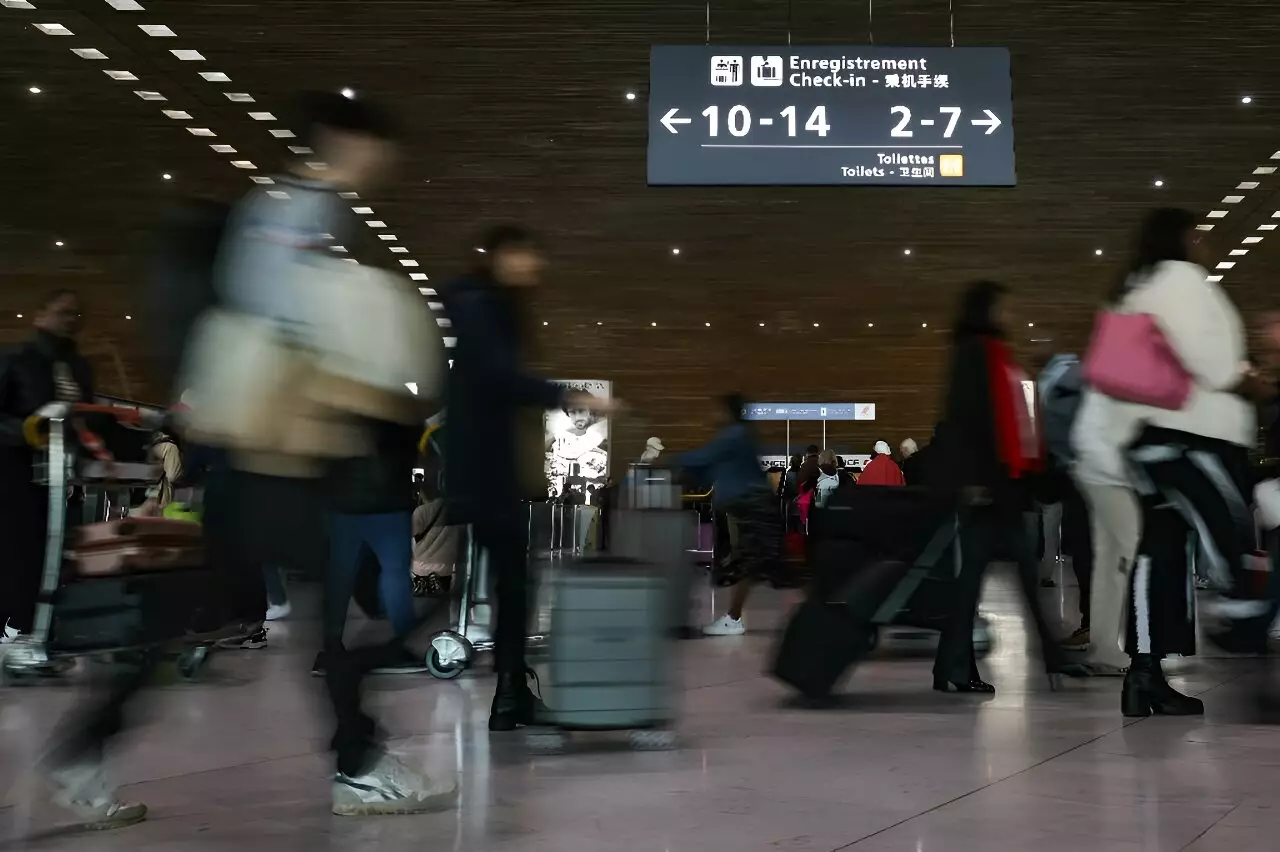Artificial intelligence is not replacing pilots in the aviation industry anytime soon, but it is certainly revolutionizing the way airlines do business. Julie Pozzi, head of data science and AI at Air France-KLM, emphasized the significance of data and AI in the aviation sector. This sentiment was echoed by Geoffrey Weston, head consultant on the airline industry at Bain & Company, who highlighted the potential of AI in boosting productivity and gaining a competitive edge. The aviation industry, traditionally characterized by narrow profit margins, sees AI as a new frontier for technological advancement and capability acceleration.
Air France-KLM is spearheading AI projects with more than 40 initiatives utilizing generative artificial intelligence, akin to the popular ChatGPT. One of the notable projects includes a tool that can interact with customers in 85 different languages, set to be implemented at Paris Charles de Gaulle airport by 2025. Groupe ADP, the airport operator, has also embraced AI initiatives in collaboration with startups such as Allobrain, which employs voice recognition to handle phone inquiries effectively. These initiatives have significantly reduced unanswered calls and improved customer service efficiency.
As air travel continues to grow, the aviation industry faces challenges in reducing wait times and enhancing overall passenger experience. Aerospace expert Jerome Bouchard emphasizes the need to modernize airport facilities and streamline operations. One potential solution lies in the integration of facial recognition technology at airport security checkpoints to expedite the screening process. However, Bouchard acknowledges the complexity of coordinating data synchronization across different systems and stakeholders within the industry.
Modern aircraft are equipped with sophisticated self-diagnostic and control systems, making them potential data factories that can be leveraged through AI. While AI plays a crucial role in managing aircraft systems and enhancing maintenance procedures, industry experts unanimously agree that human pilots are irreplaceable when it comes to decision-making and operational control. Thales CEO Patrice Caine emphasizes the importance of human responsibility in piloting aircraft and underscores the critical role of human intervention in the aviation industry, despite the advancements in AI technology.
Artificial intelligence has undeniably transformed the aviation industry by optimizing business operations, improving customer service, and enhancing safety measures. While AI continues to pave the way for innovation and efficiency in aviation, human judgment and decision-making remain indispensable in ensuring the safety and security of air travel. As the industry navigates through the era of AI integration, collaboration between human operators and intelligent technologies will be essential for achieving sustainable growth and operational excellence in the aviation sector.


Leave a Reply